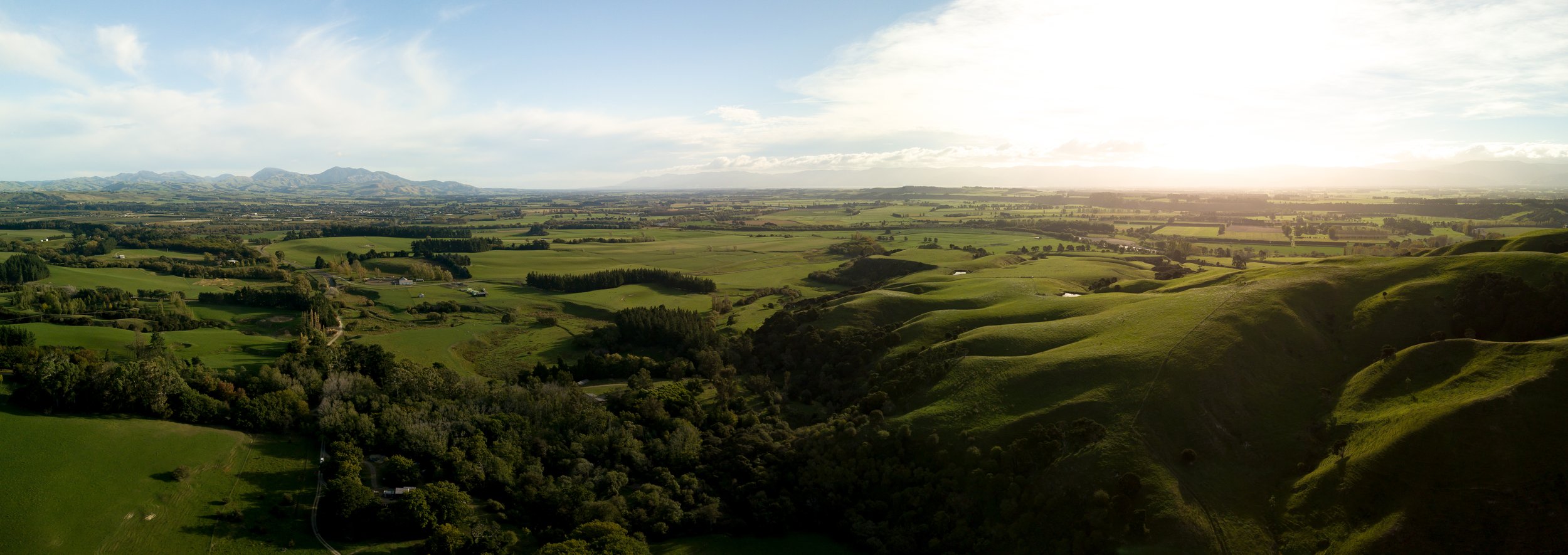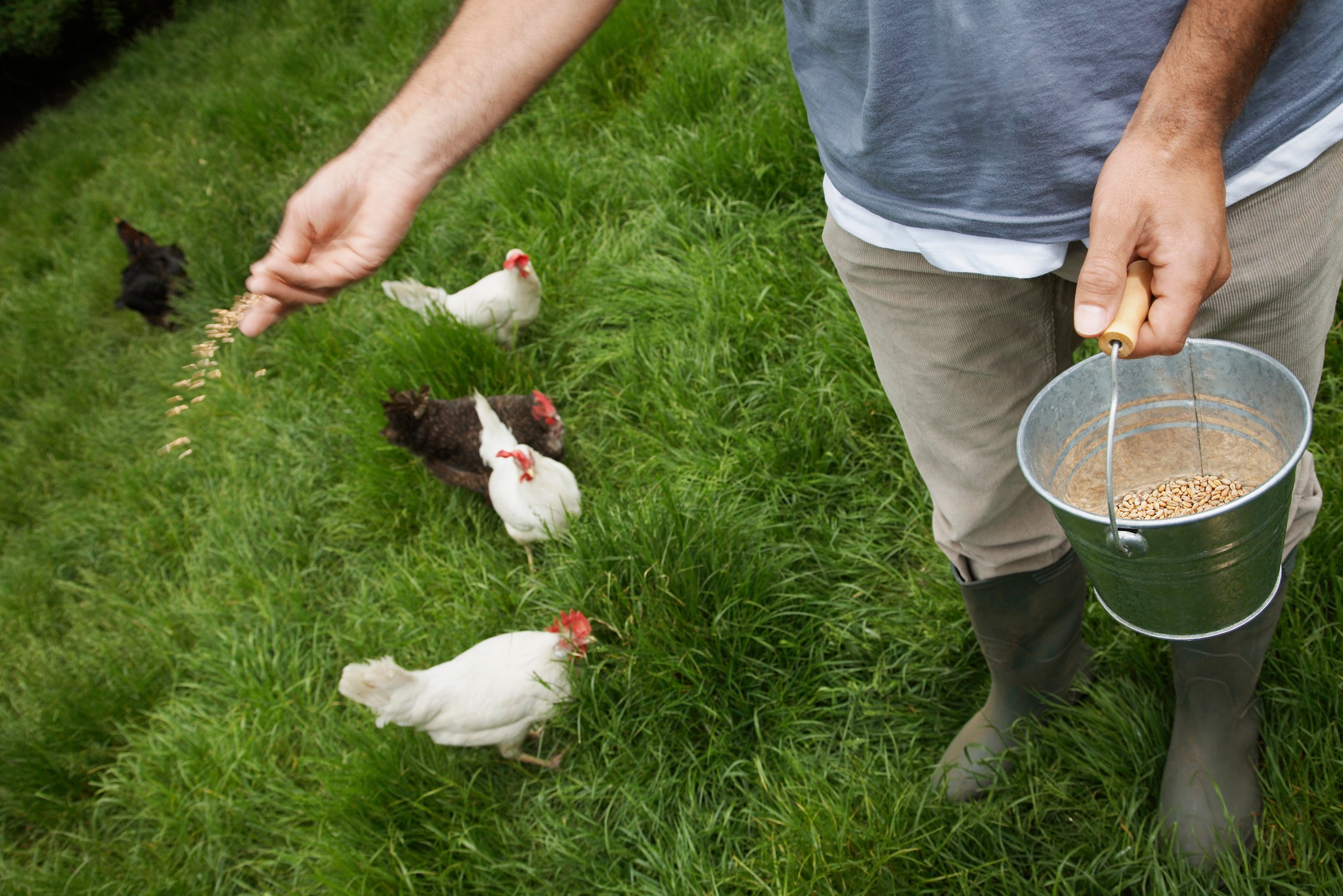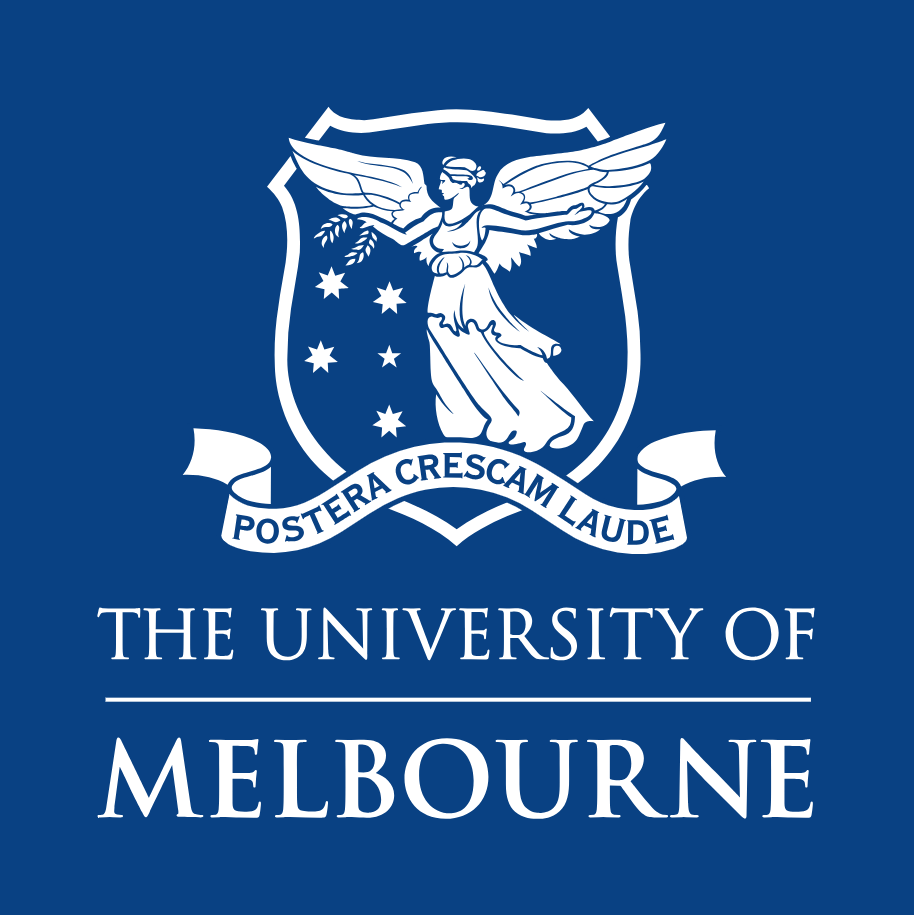Together we’re growing a food resilient region in Wellington where everyone has access to good Kai.
We all want to live in a region where:
There are no barriers to accessing healthy food and no one is hungry;
Local food is grown and produced in a way which nurtures our environment;
We can easily access local food and producers are fairly paid for their beautiful produce;
Our communities are encouraged and supported to grow food together to feed whānau and establish meaningful community connection.

Kai Sovereignty (Food Sovereignty)
Kai sovereignty gives local communities control over their kai (food). It means that food systems and policies are determined by the people who eat, grow, produce and distribute the food. It also focusses on food production methods which work in harmony with nature to protect the environment. Food sovereignty sees food as a basic right which is essential for health, cultural and spiritual wellbeing and not just a commodity to be used to make money.
-
Food sovereignty is an alternative to the current global food system, which is controlled by a small number of big distant corporations, often puts international trade ahead of providing kai for local people and is causing damage to the environment.
The idea of food sovereignty was brought to international attention at the World Food Summit in 1996 by the International Peasants’ Movement – La Via Campesina. This group brings together small and medium-scale farmers, landless people, women farmers, indigenous peoples, migrants and agricultural workers from all around the world. These are people who have often been forced off their land, marginalised, exploited or otherwise disadvantaged by corporate landowners, colonisation or international policies.
Over recent decades food sovereignty movements have developed in many communities and places of the world. Different communities have different visions of about what food sovereignty means for their people and different ways to get there. For example, African communities are taking back control over their food systems through reviving traditional seed diversity which had been threatened by industrial farming methods. Find out more about what food sovereignty means for Māori from an expert in our region.
The “pillars” of food sovereignty are:
Focuses on food for people
Builds knowledge and skills
Works with nature
Values food providers
Localises food systems
Puts control locally
Allows that food is sacred
Food sovereignty links to human health in many ways:
Having a wide range of locally produced food gives nutritional benefits (through fresher, less processed products) and a more secure supply
Environmentally sustainable food production reduces pressure on life-sustaining ecosystems, has lower climate impact and protects soils and freshwater resources
Local self-determination builds community and improves wellbeing
Economic and social benefits are shared more fairly and more equal societies have better health outcomes.
Food security
Food security is when everyone can access the food that they need to be healthy. Being food secure means that you have always enough food that is safe, nutritious and suits your culture and taste.
Food security is one component of food sovereignty.
We need to reshape our food systems so that everyone has food security and food sovereignty.
-
Description text goes hereFood is essential for life and having a reliable supply of nutritious food is vital for health. We need to change our food system so that everyone has food security.
Food security is when everyone can access the food that they need to be healthy. Being food secure means that you have always enough food which is safe, nutritious and suits your culture and taste. Healthy food not only needs to be available, but affordable and accessible, for example by transport links. Food security also requires access to food preparation and storage facilities, like kitchens and fridges, and cooking skills.
In Aotearoa New Zealand, there are many people who experience food insecurity, where they cannot reliably access the food they need in a socially and culturally acceptable way. For example, food in the household may often run out, cheaper unhealthy products may be consumed because of low incomes or there may be reliance on food charity which is damaging to a persons’ independence. Government data from 2019/20 shows that 20% of children live in a household that experience food insecurity, with Maori and Pacific children affected significantly more often (30% and 45% respectively). Impacts from the Covid-19 pandemic, Russia-Ukraine war and global inflation have worsened food insecurity. Having a good regional food supply would create more resilience to these sorts of global shocks.
Colonisation has had widespread effects on Māori food security through land alienation, economic disadvantage, dominance of Western industrial food systems and disconnection from traditional cultural practices such as mahinga kai (food gathering) and māra kai (food gardens). This shows itself in health inequities for Māori, particularly in outcomes of long-term health conditions such as diabetes, heart disease and cancers.
Food security is a goal that can be reached through a food sovereignty approach. Food sovereignty has fairness and environmental sustainability at its heart, placing the control of food systems with the local people who produce and eat the food. Food production depends on a stable climate, freshwater supplies, fertile soils and a biodiverse ecosystem, so food security goes hand in hand with careful attention to the natural environment.
Food security is influenced by household incomes, food prices (including taxes and subsidies) and access to productive land, unpolluted mahinga kai sites, shops or markets. Food industry activities such as marketing are also involved. Working together is therefore key to achieving food security.
What is a food system?
A food system covers all stages of keeping us fed. This includes growing, processing, distributing, eating, and disposing of food. Wellington's local food scene is a vibrant one, full of restaurants, cafés, gardens, and markets. We have an opportunity to grow it, strengthen it, link it together, and make it fair for everyone.
More local food production will create and grow social enterprises, businesses and jobs. It will bring affordable, healthy and culturally appropriate food closer to home.
A sustainable, strong regional food system creates a healthy, strong community.
-
Food is essential for life and having a reliable supply of nutritious food is vital for health. We need to change our food system so that everyone has food security.
Food security is when everyone can access the food that they need to be healthy. Being food secure means that you have always enough food which is safe, nutritious and suits your culture and taste. Healthy food not only needs to be available, but affordable and accessible, for example by transport links. Food security also requires access to food preparation and storage facilities, like kitchens and fridges, and cooking skills.
In Aotearoa New Zealand, there are many people who experience food insecurity, where they cannot reliably access the food they need in a socially and culturally acceptable way. For example, food in the household may often run out, cheaper unhealthy products may be consumed because of low incomes or there may be reliance on food charity which is damaging to a persons’ independence. Government data from 2019/20 shows that 20% of children live in a household that experience food insecurity, with Maori and Pacific children affected significantly more often (30% and 45% respectively). Impacts from the Covid-19 pandemic, Russia-Ukraine war and global inflation have worsened food insecurity. Having a good regional food supply would create more resilience to these sorts of global shocks.
Colonisation has had widespread effects on Māori food security through land alienation, economic disadvantage, dominance of Western industrial food systems and disconnection from traditional cultural practices such as mahinga kai (food gathering) and māra kai (food gardens). This shows itself in health inequities for Māori, particularly in outcomes of long-term health conditions such as diabetes, heart disease and cancers.
Food security is a goal that can be reached through a food sovereignty approach. Food sovereignty has fairness and environmental sustainability at its heart, placing the control of food systems with the local people who produce and eat the food. Food production depends on a stable climate, freshwater supplies, fertile soils and a biodiverse ecosystem, so food security goes hand in hand with careful attention to the natural environment.
Food security is influenced by household incomes, food prices (including taxes and subsidies) and access to productive land, unpolluted mahinga kai sites, shops or markets. Food industry activities such as marketing are also involved. Working together is therefore key to achieving food security.
Resilient Food Supply Chain
A resilient food supply chain is one which is localised and connected to the people, where farmers use regenerate soil approaches, waste is prevented and recycled, where everyone is engaged and has access to a sustainable and healthy diet at all times.
Sustainable livelihoods
Work in food and farming is fair, safe and secure
Food System networks
Collaboration promotes innovation in the food supply chain
and increases preparedness to respond to shocks
Engaged food citizens
People are engaged in shaping a better food system and help each other during shocks to the food supply
Image credit: The University of Melbourne






